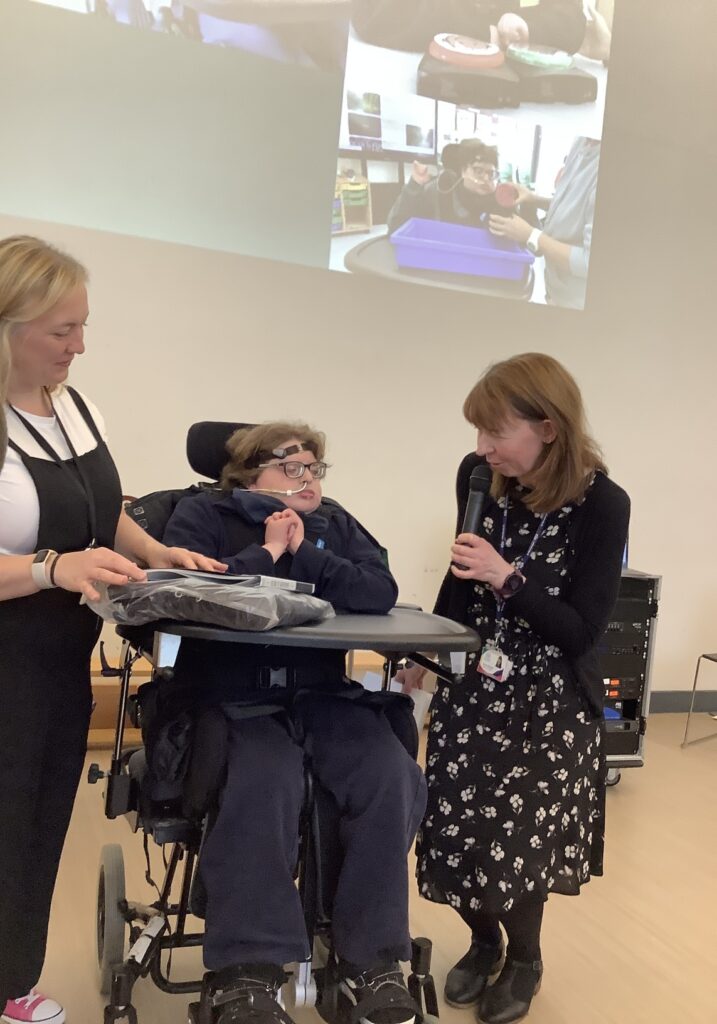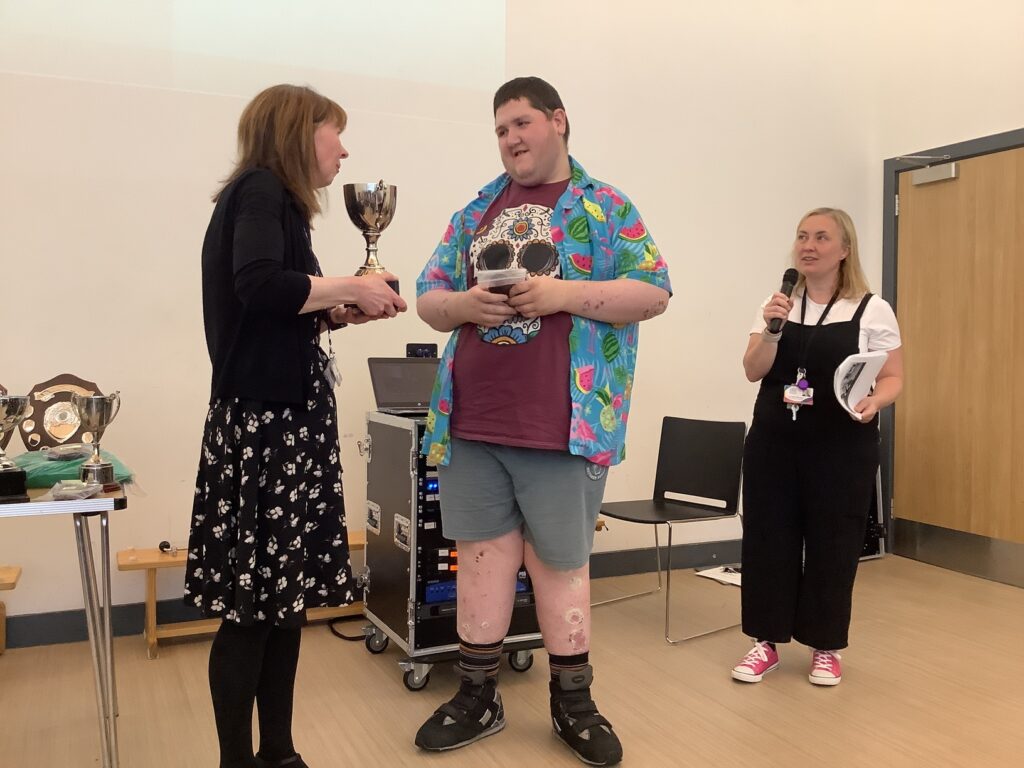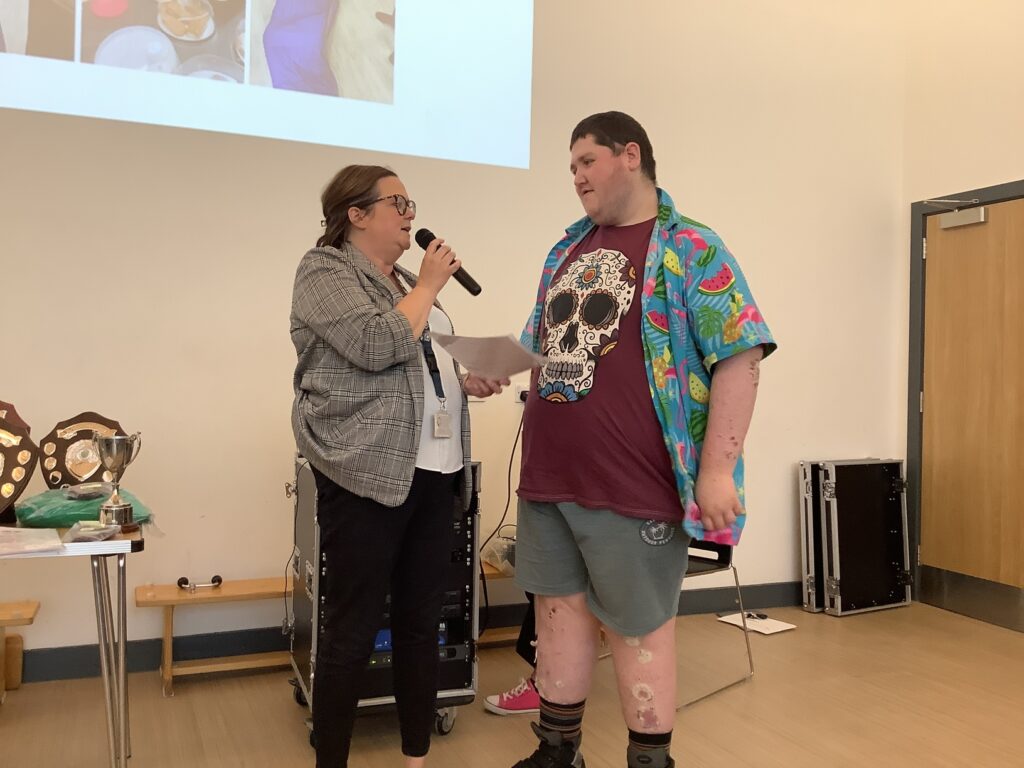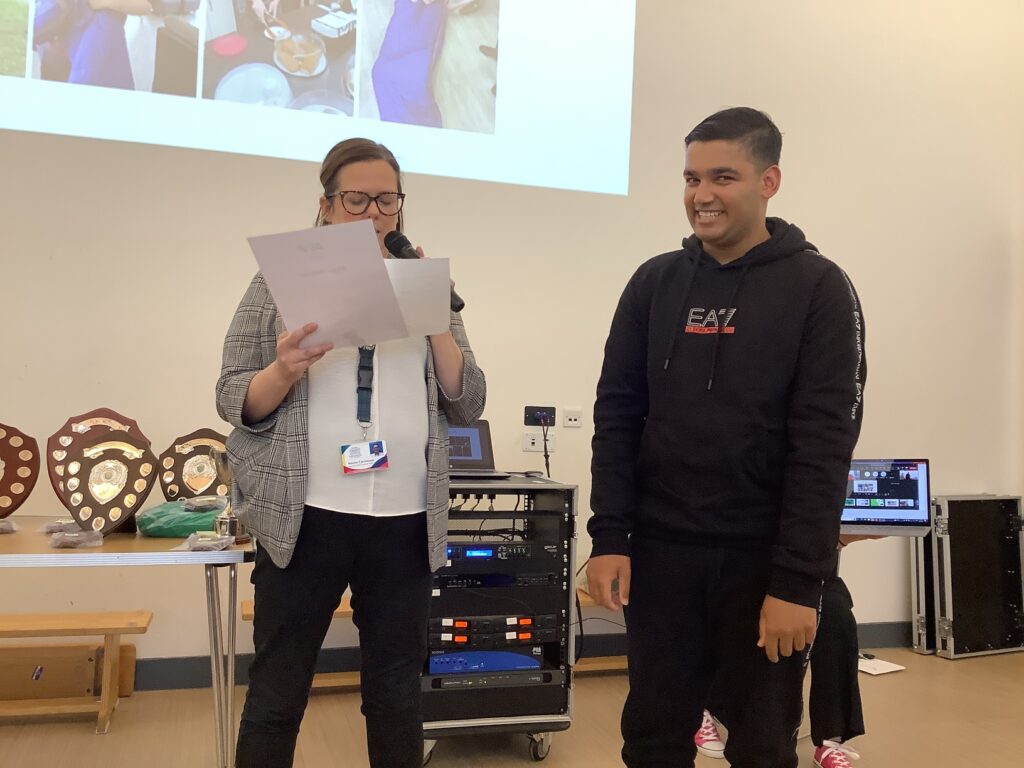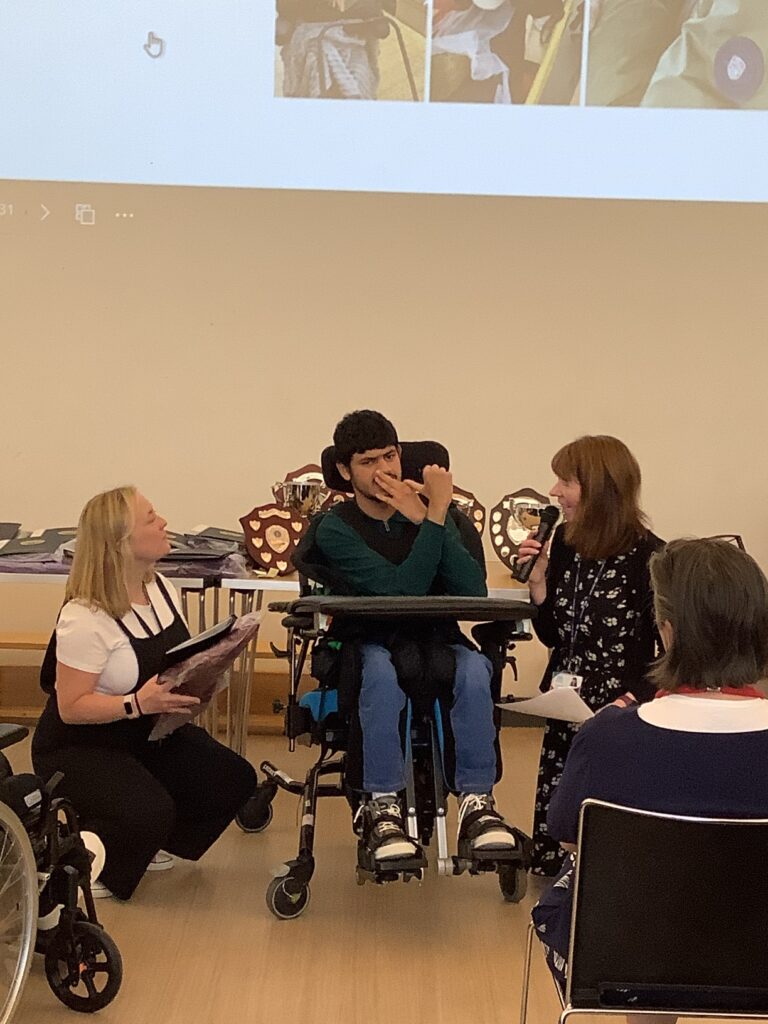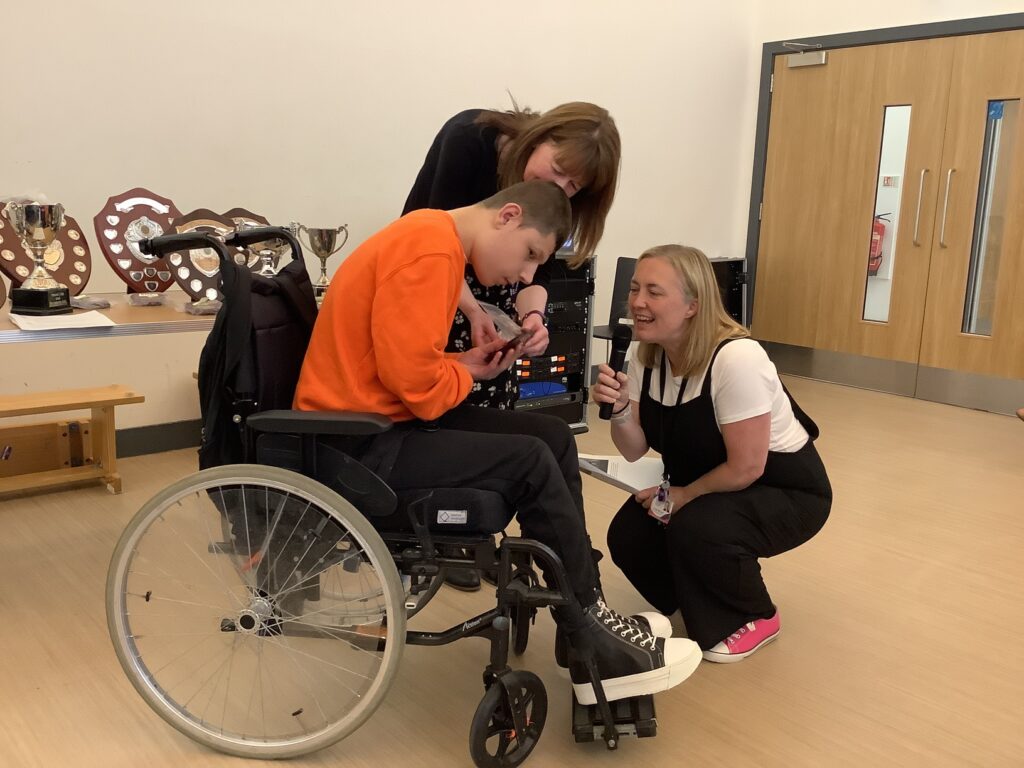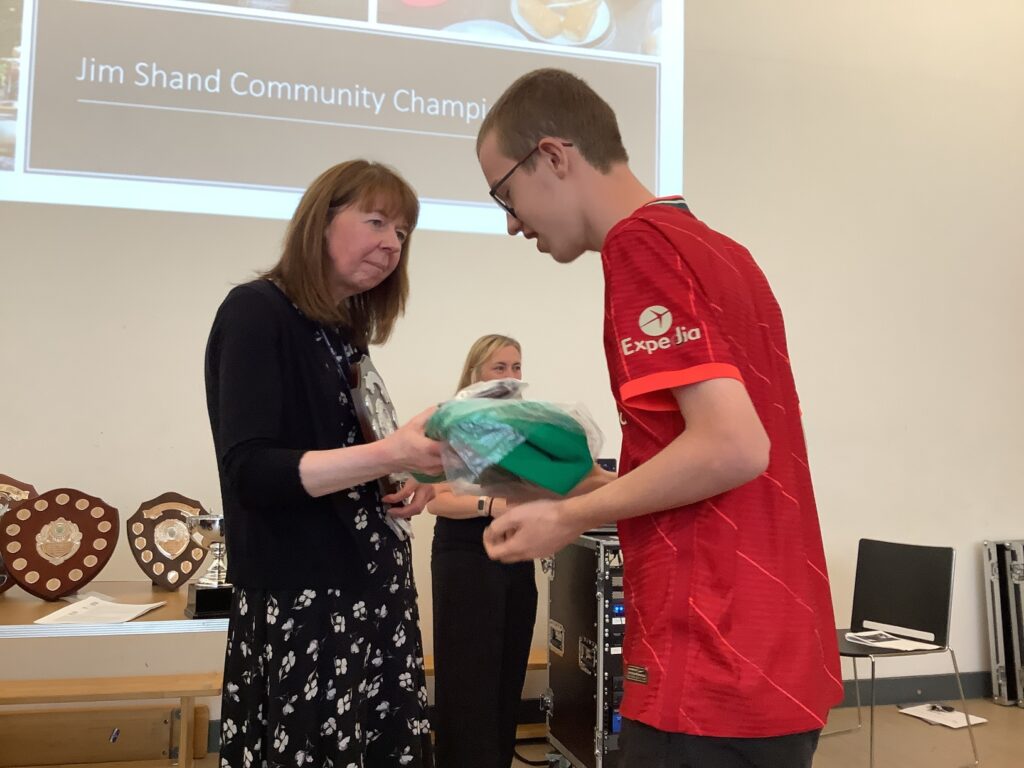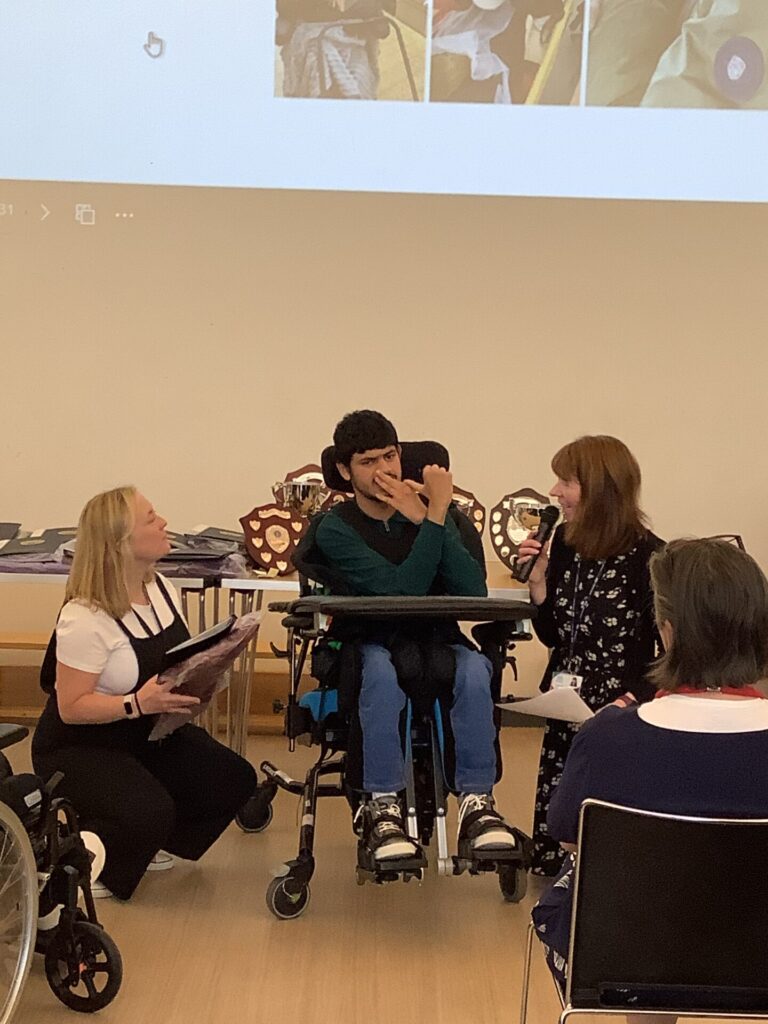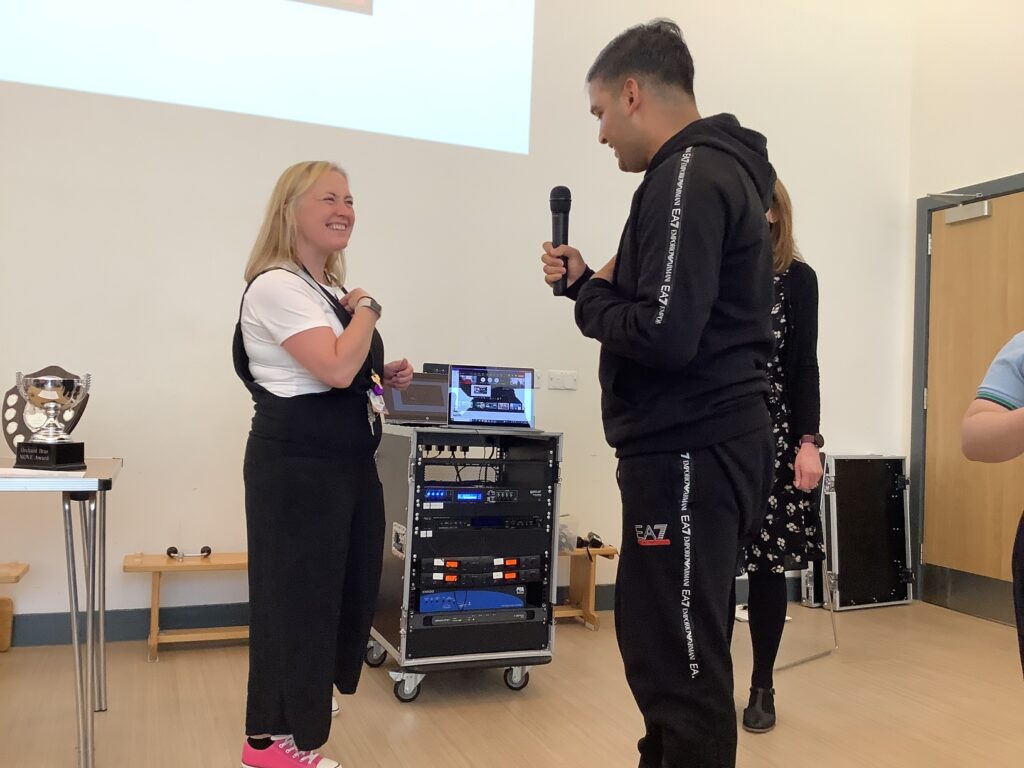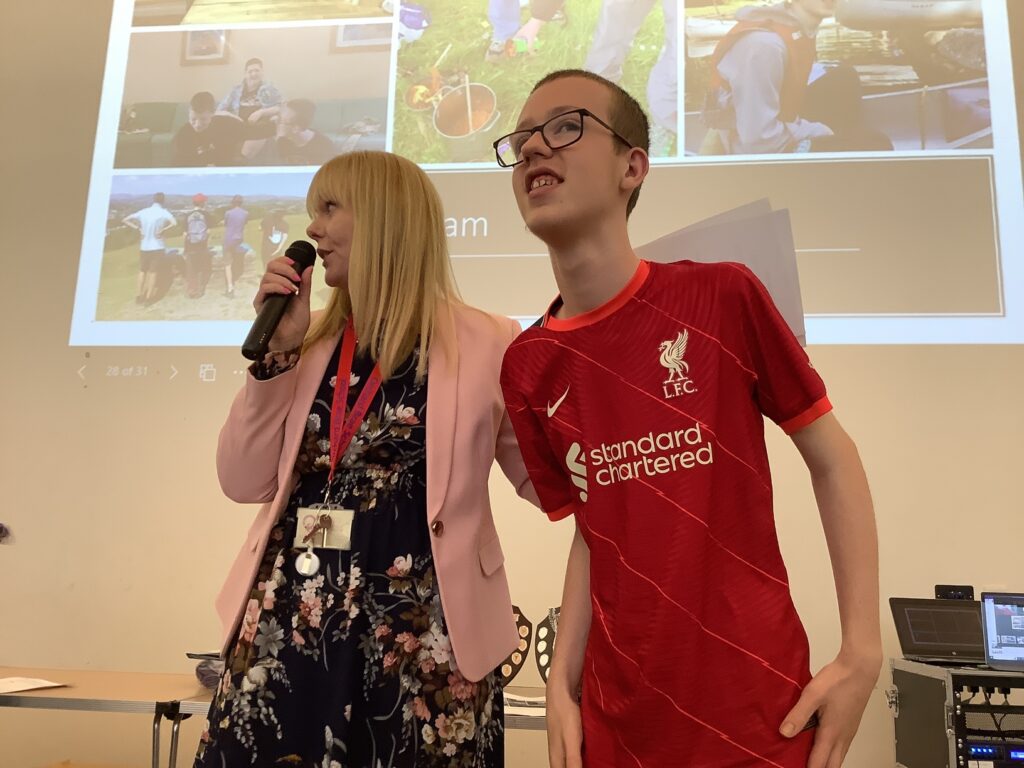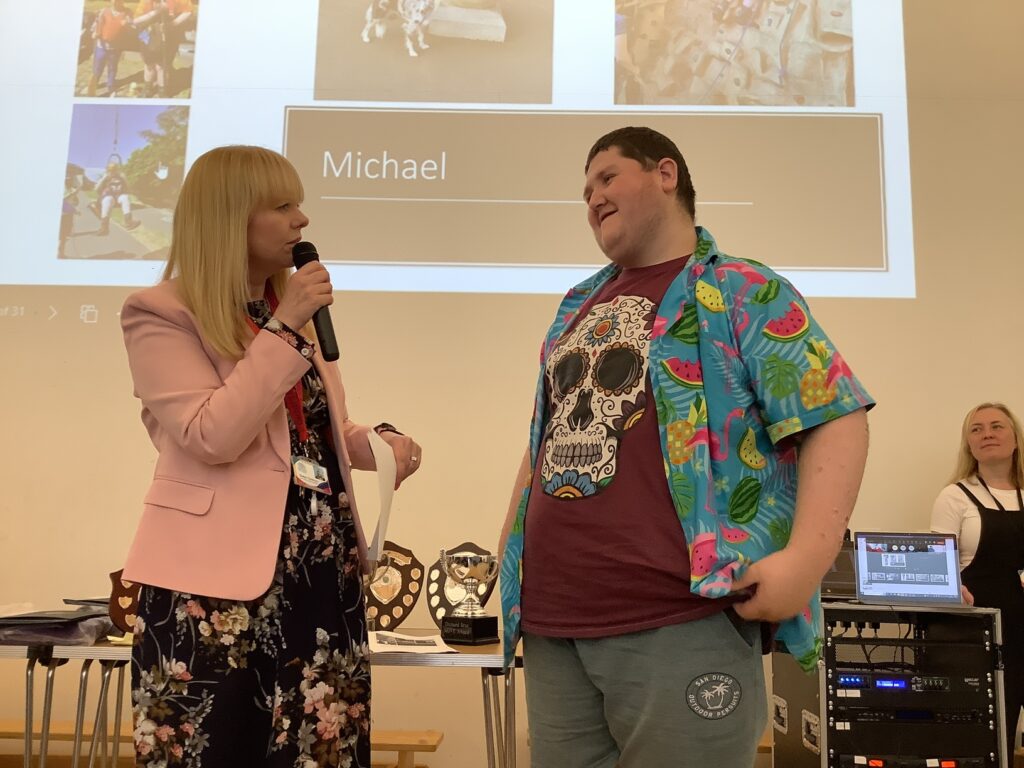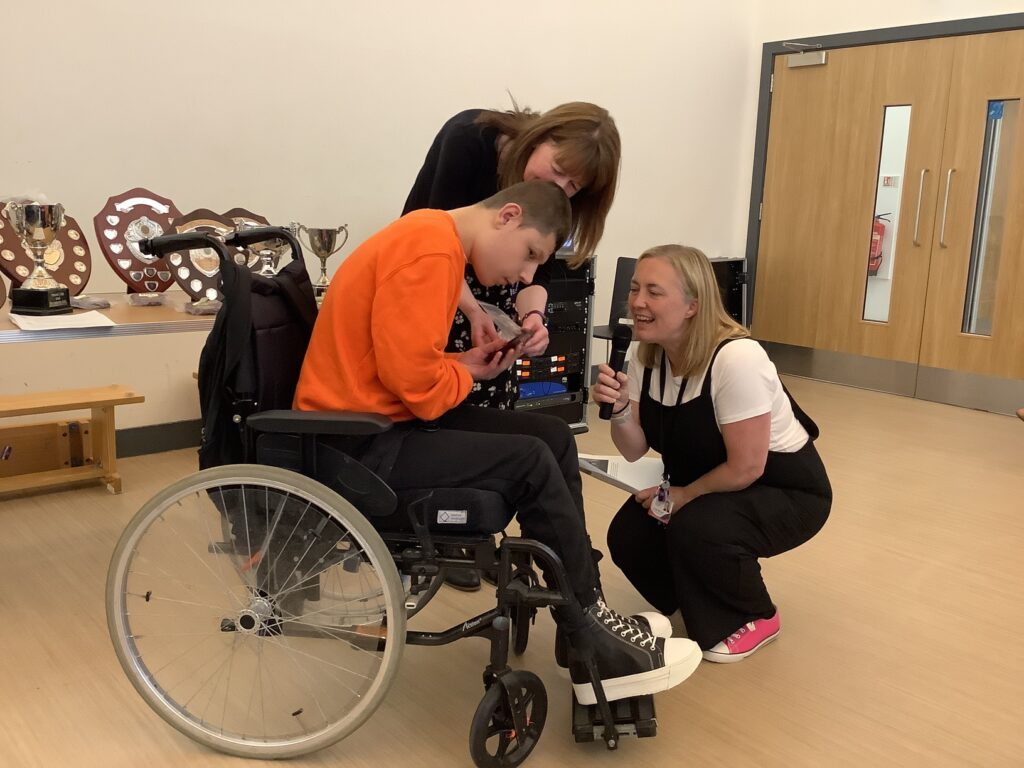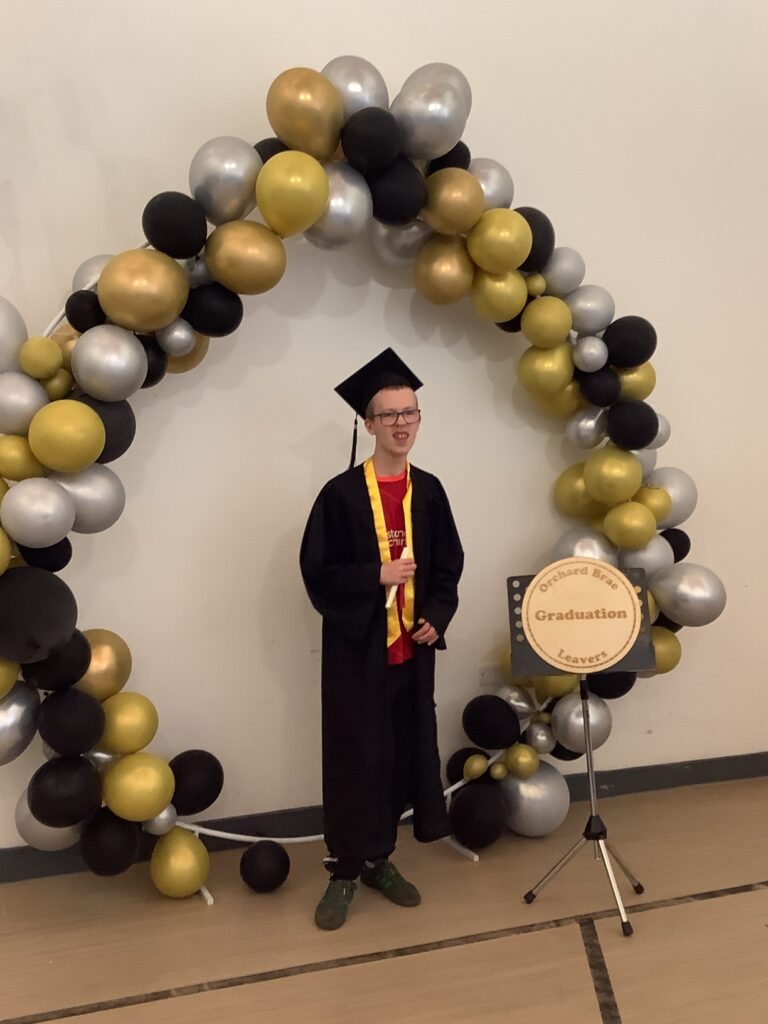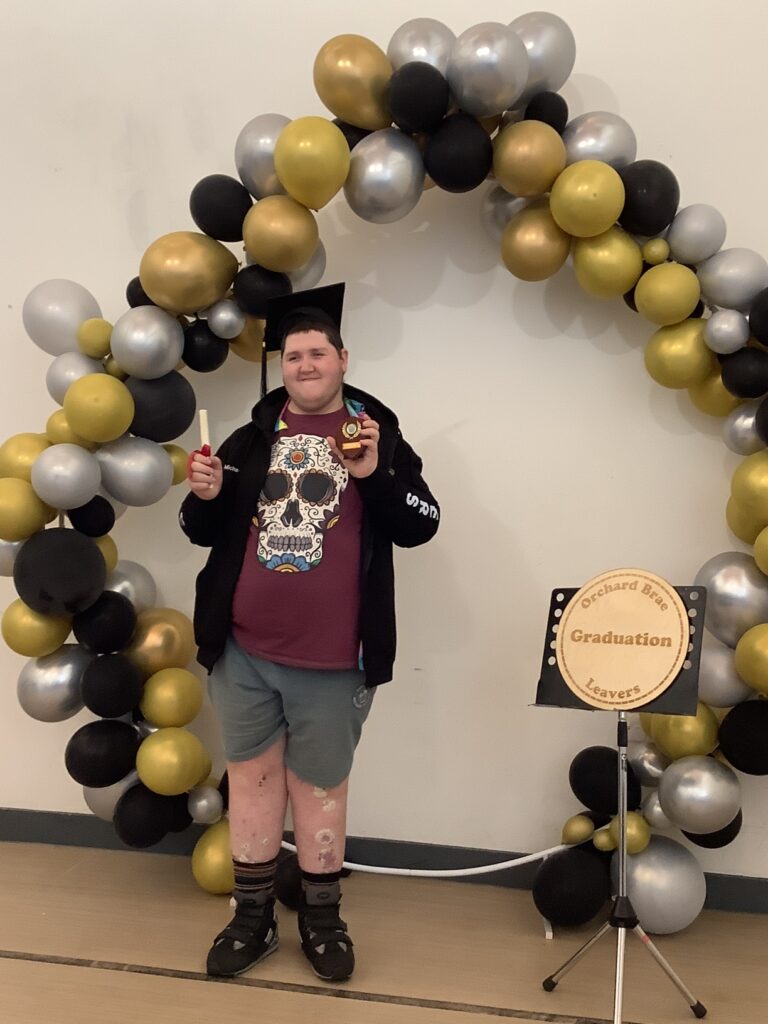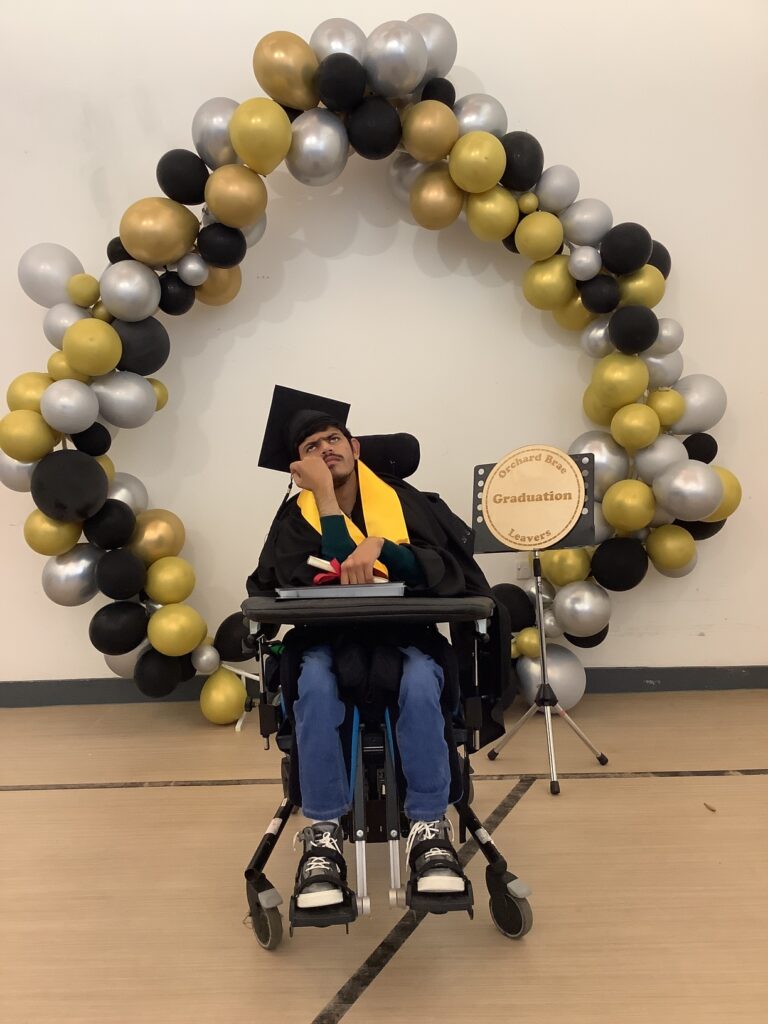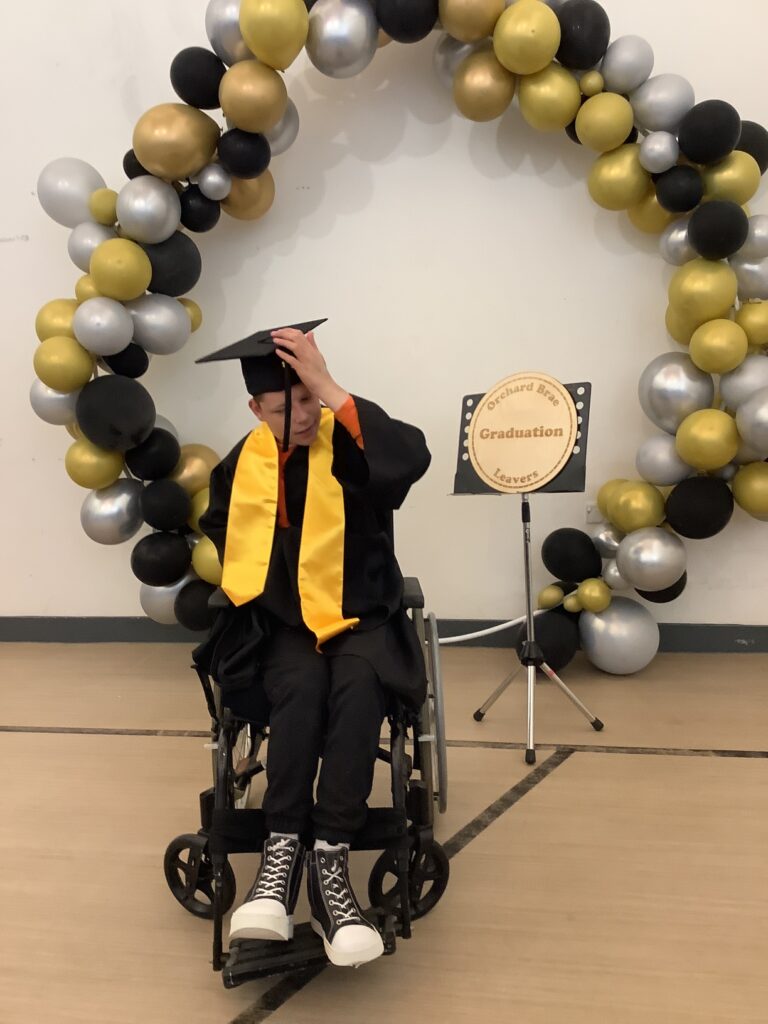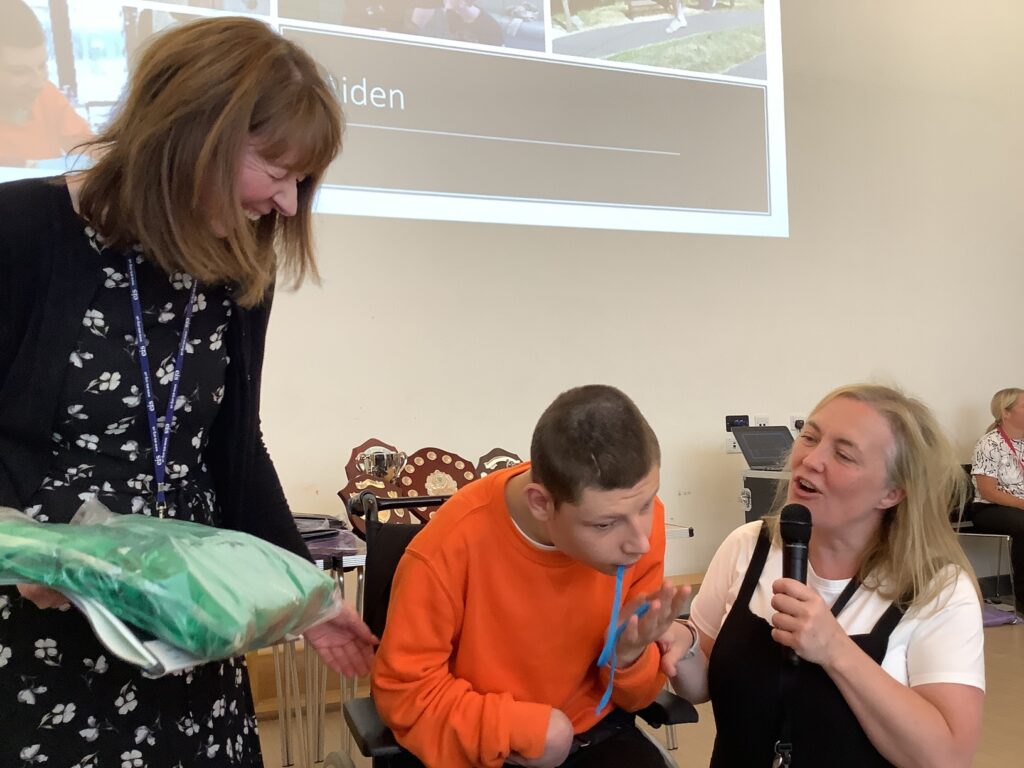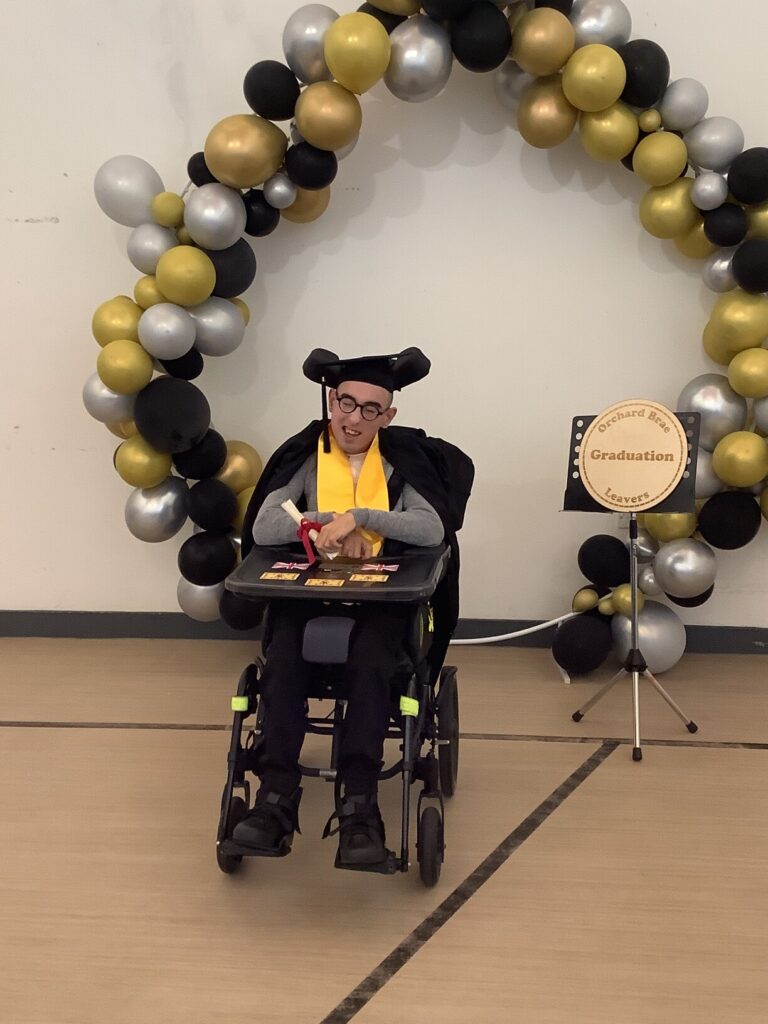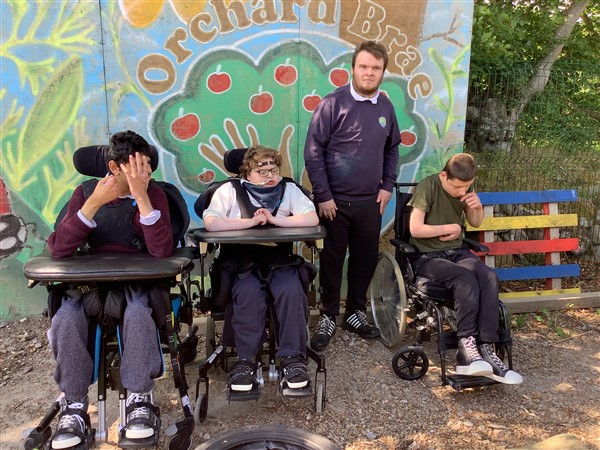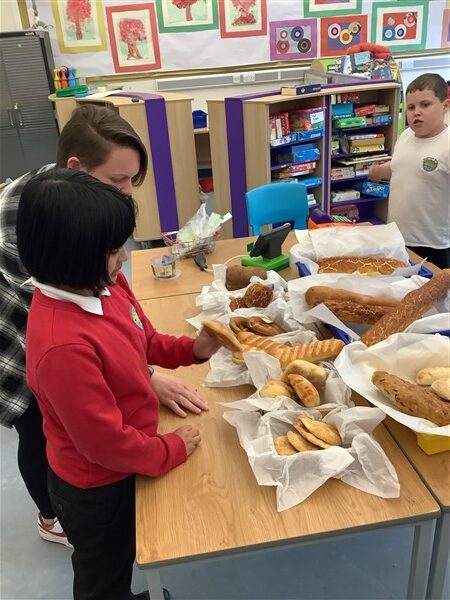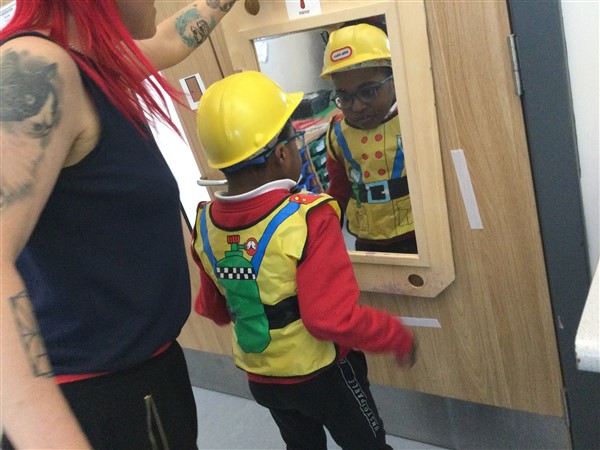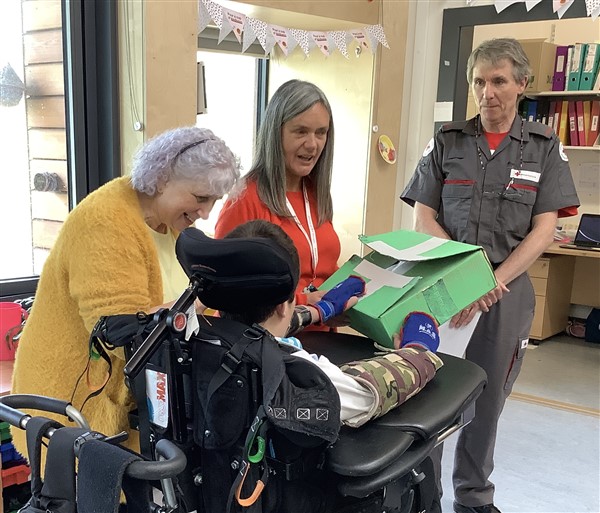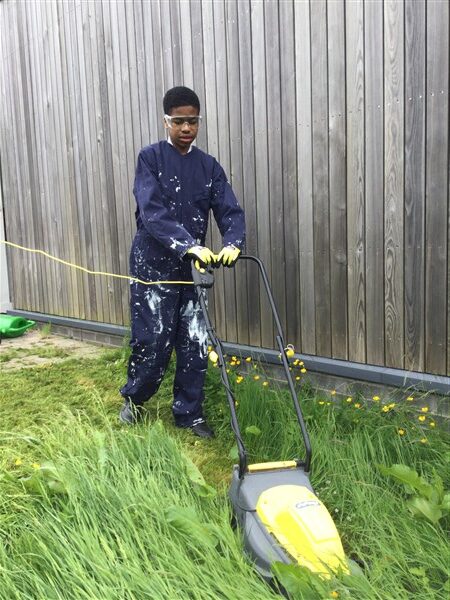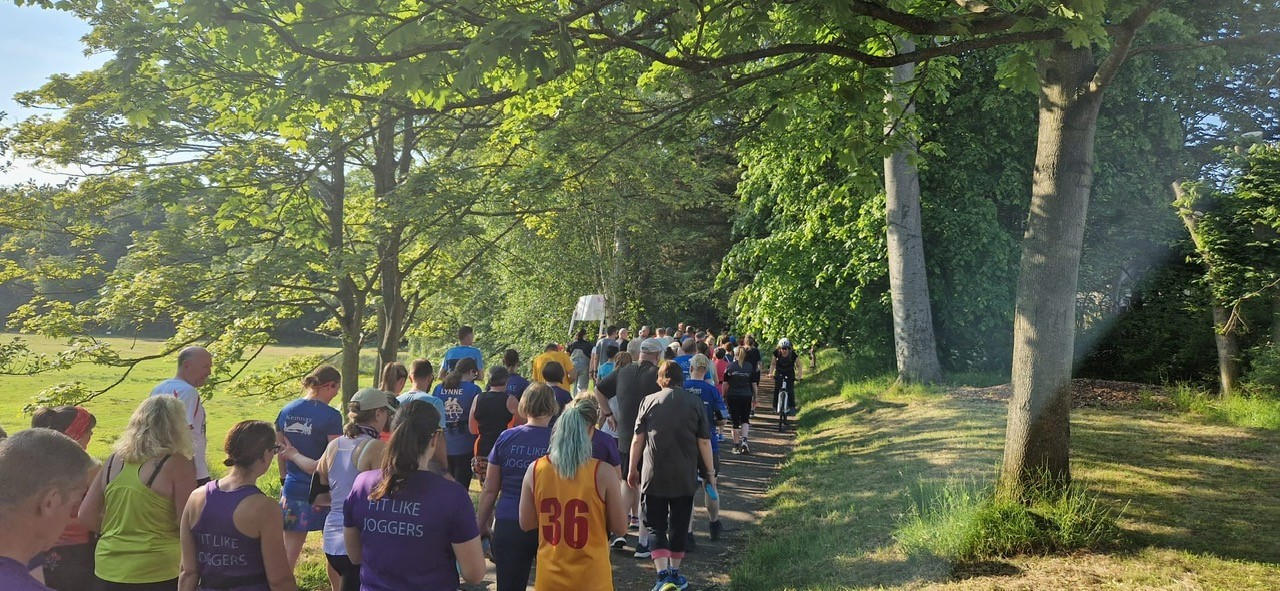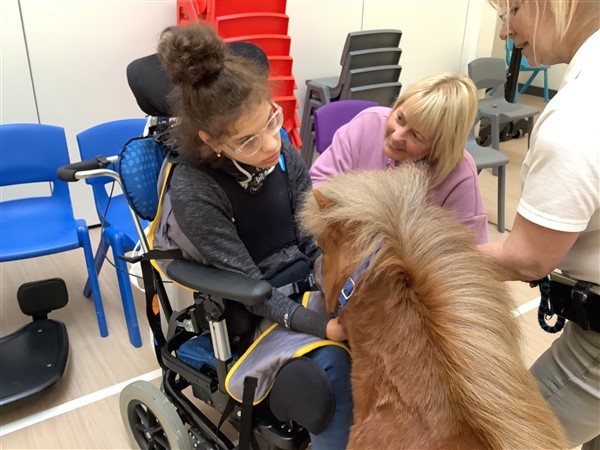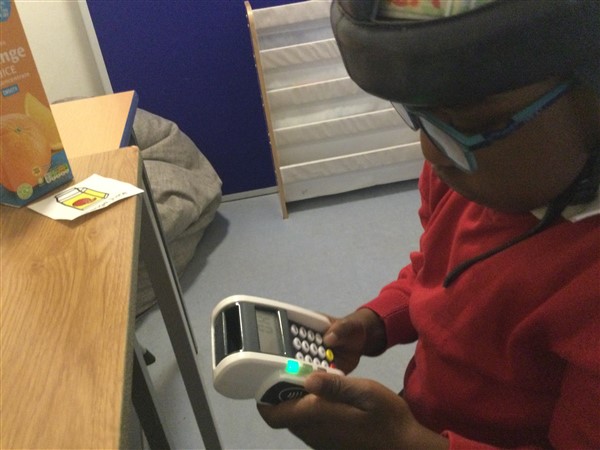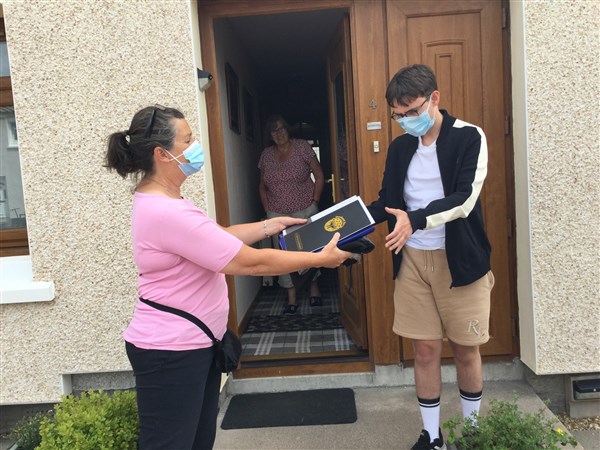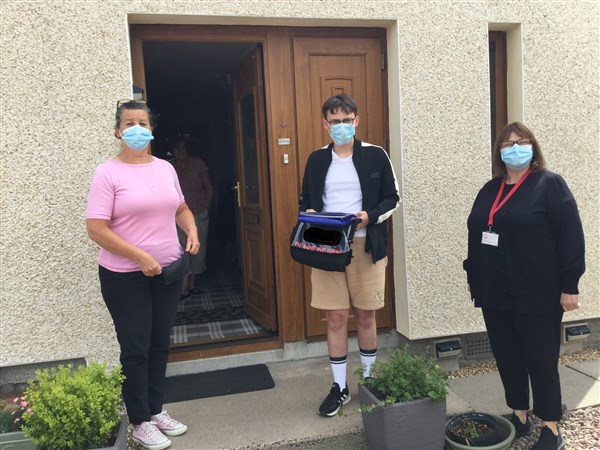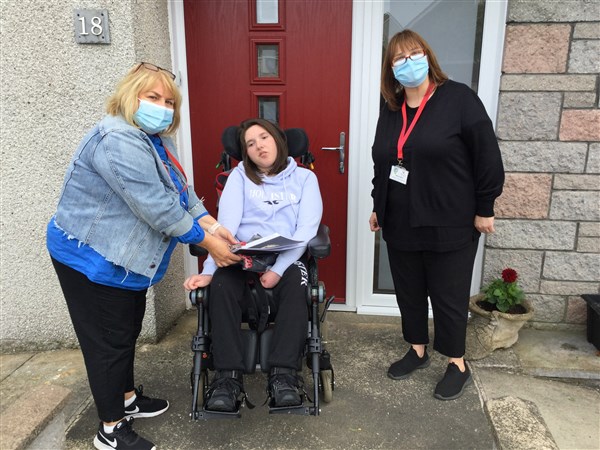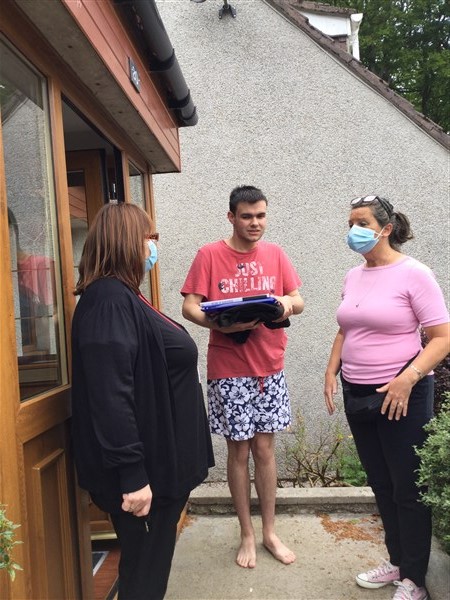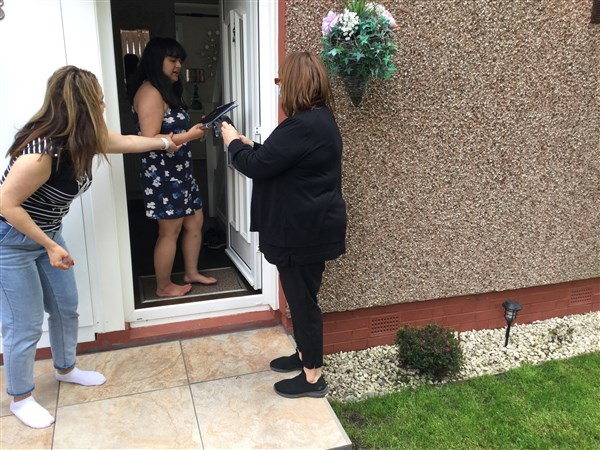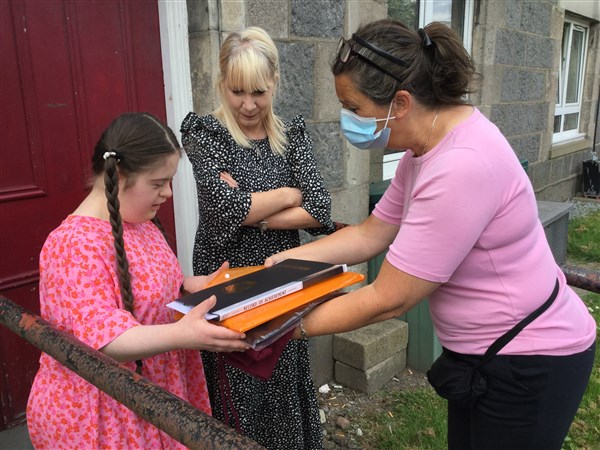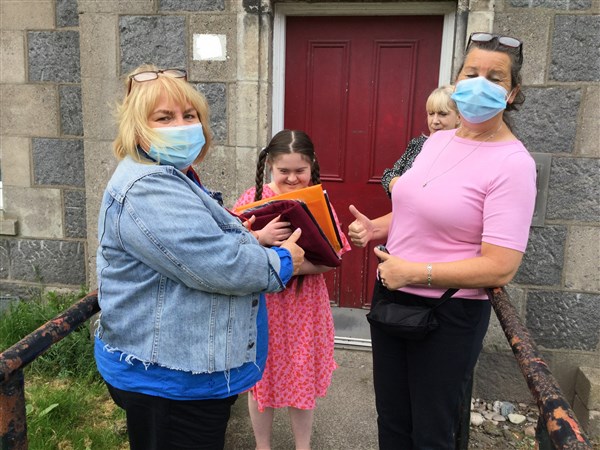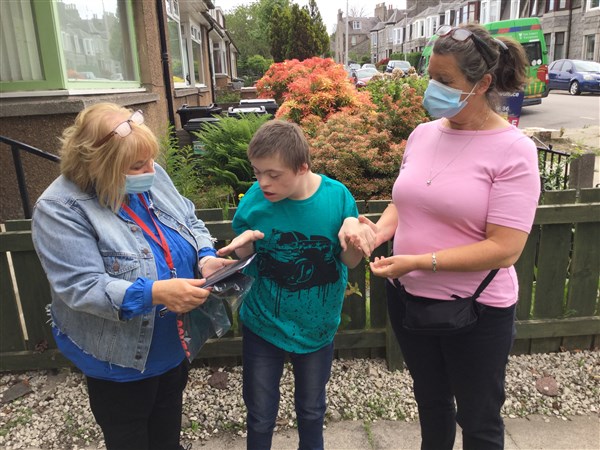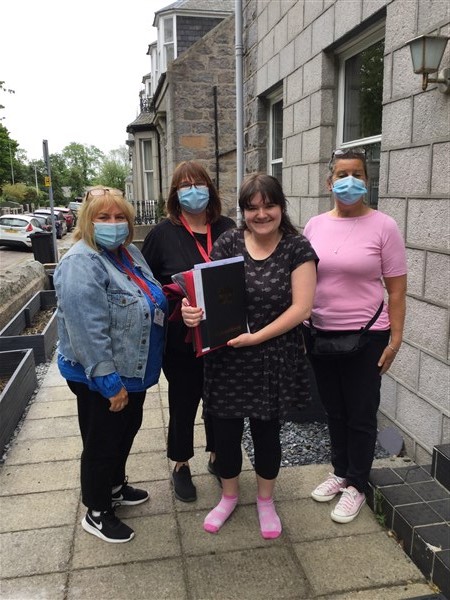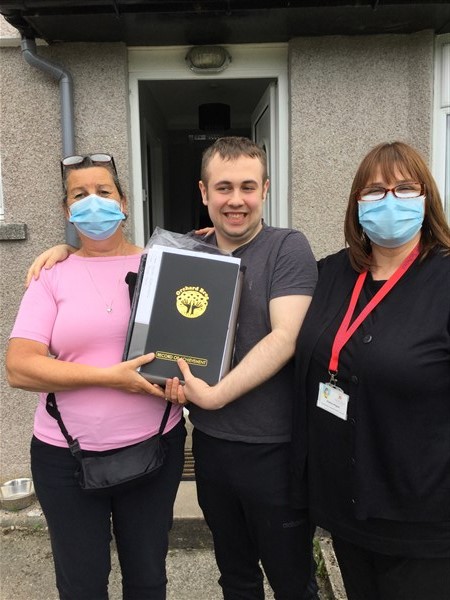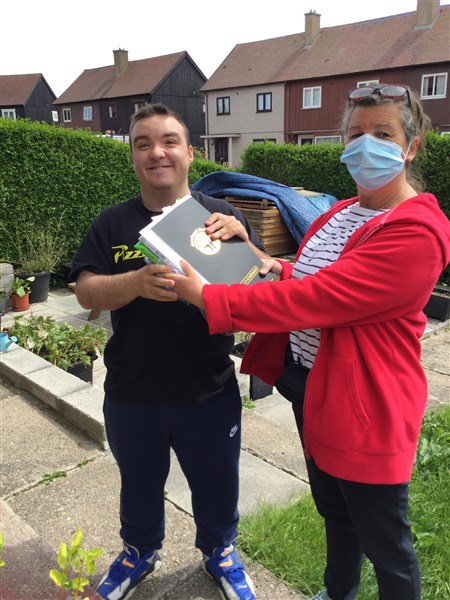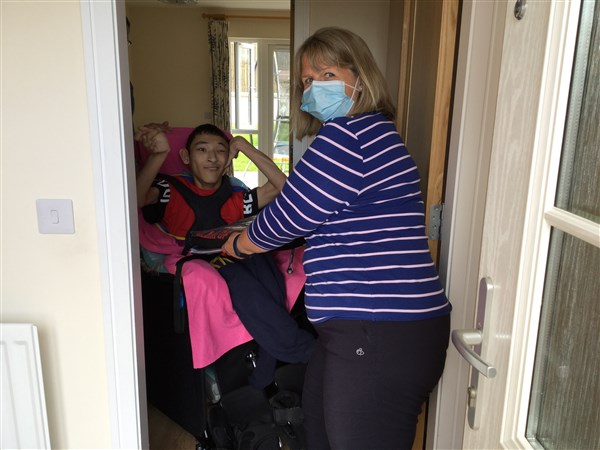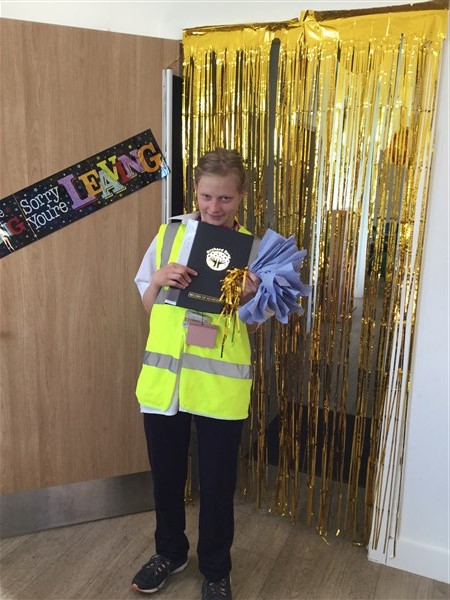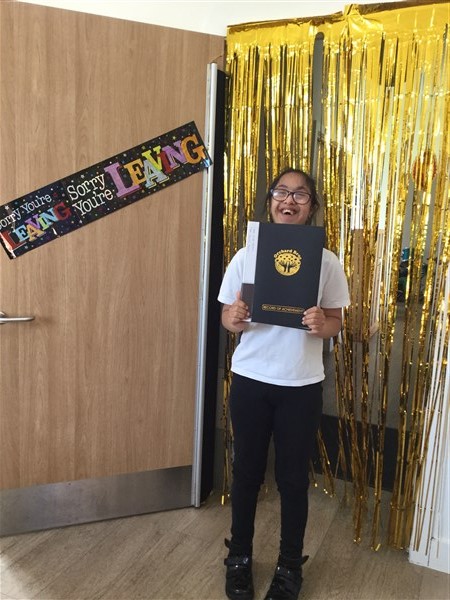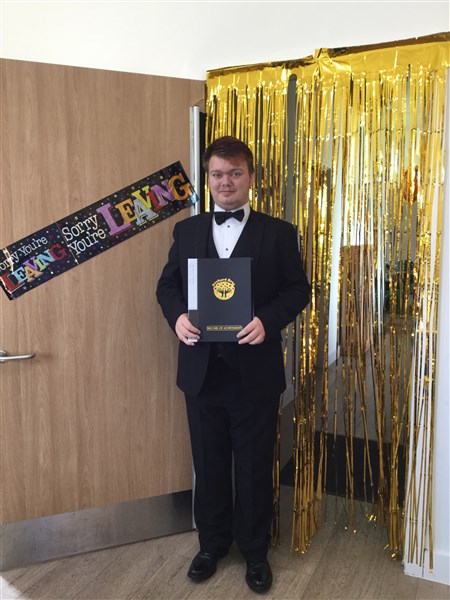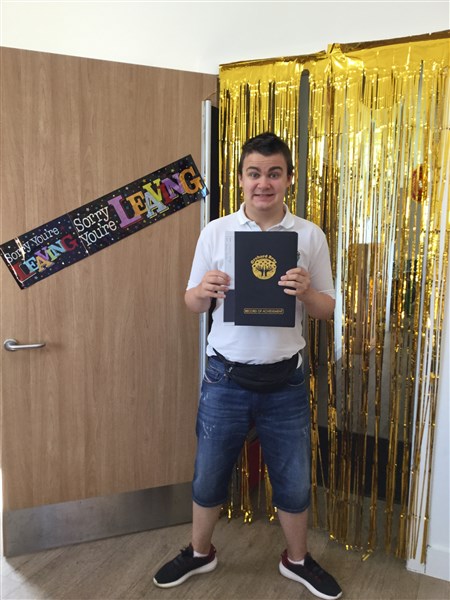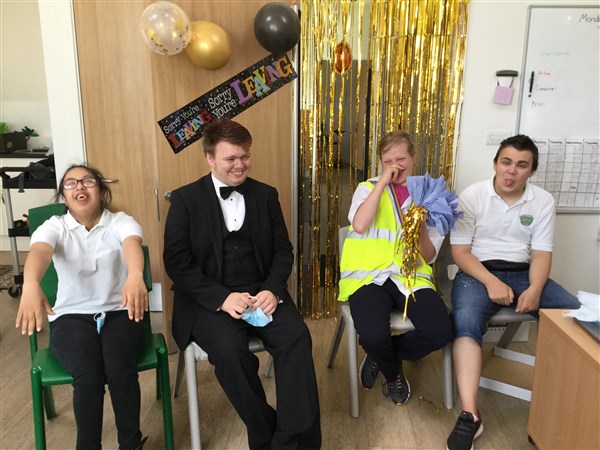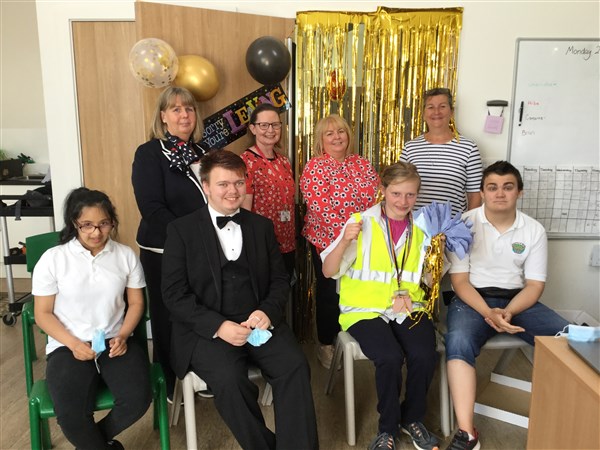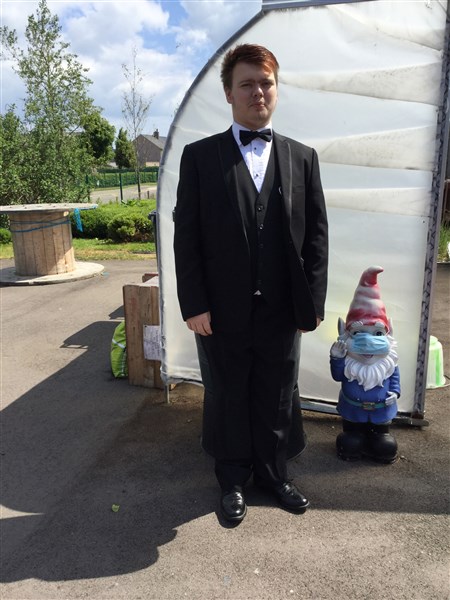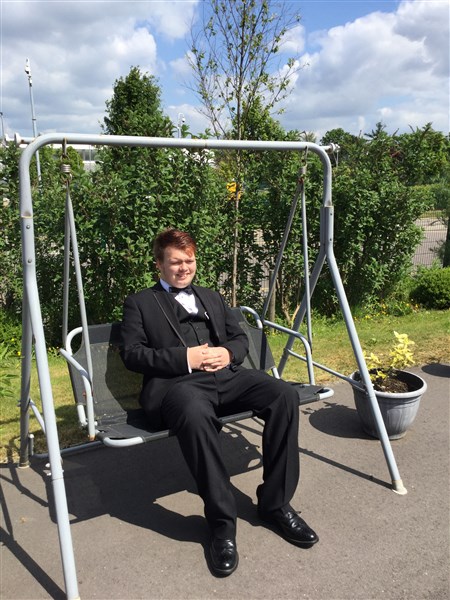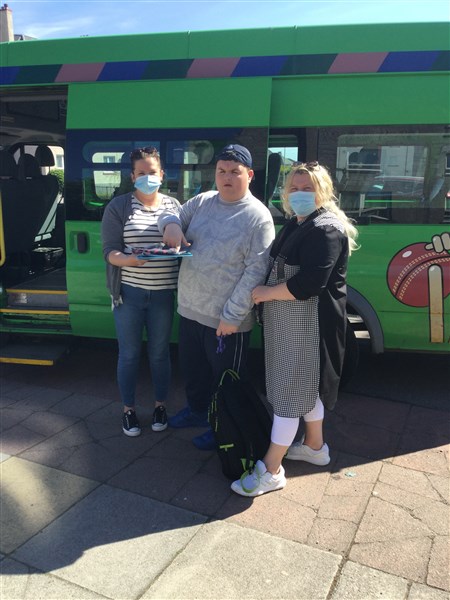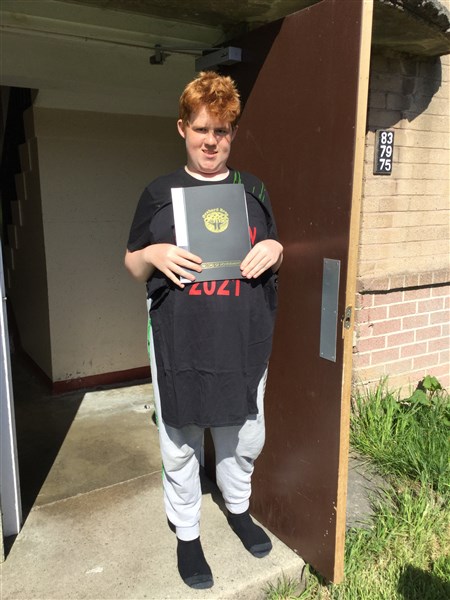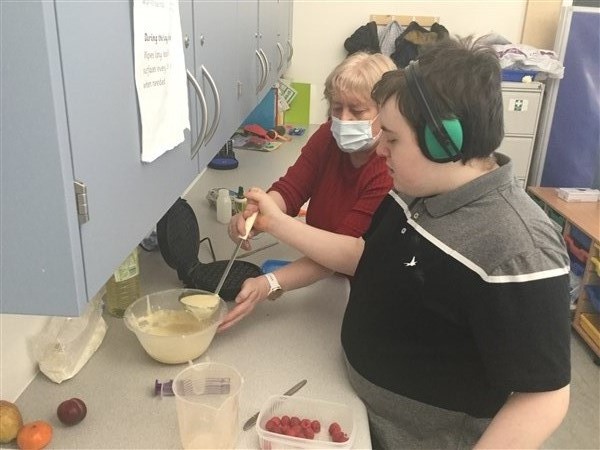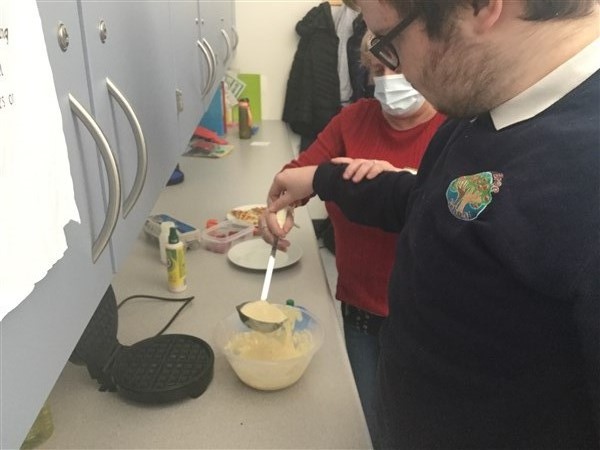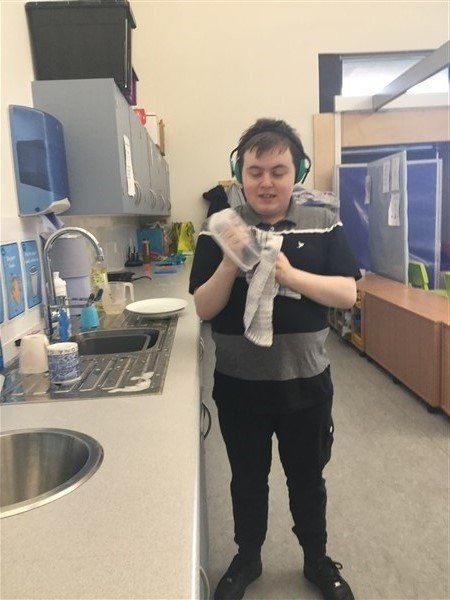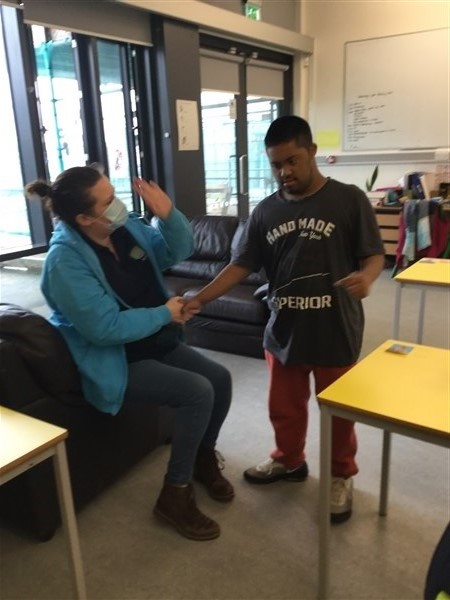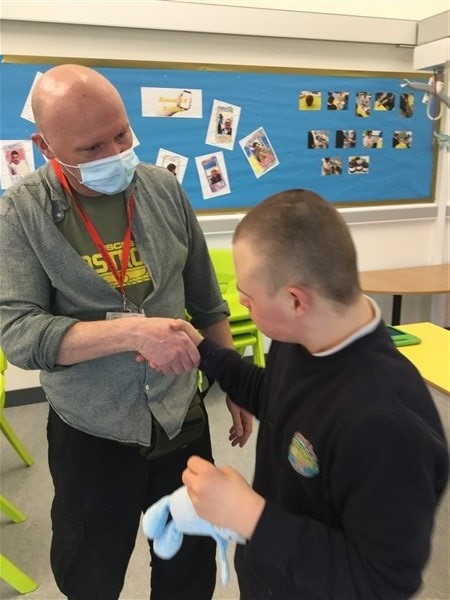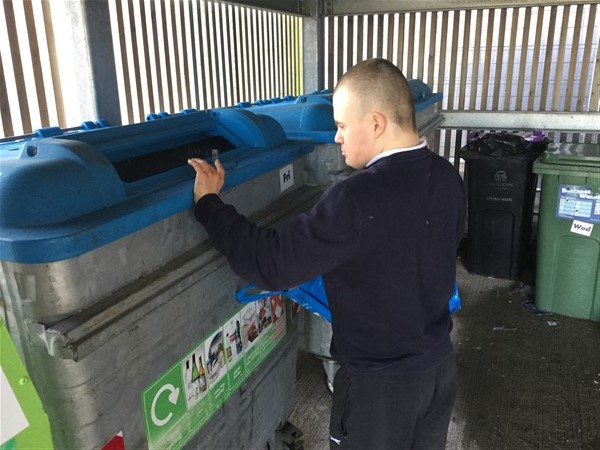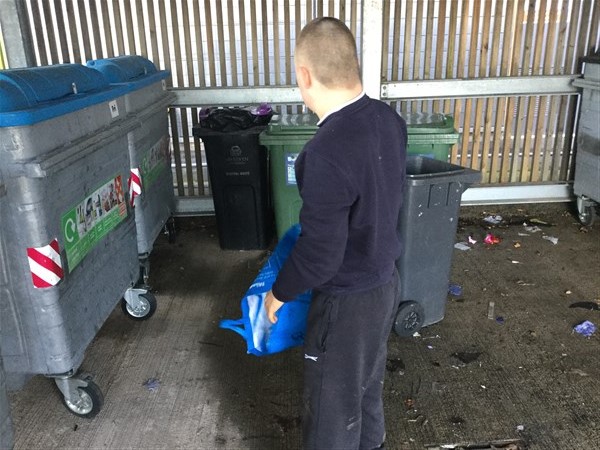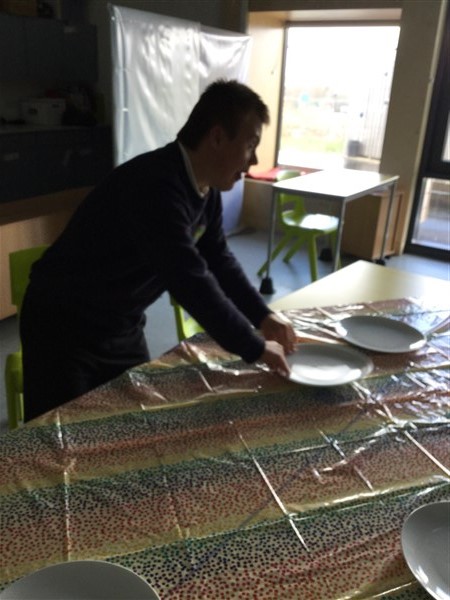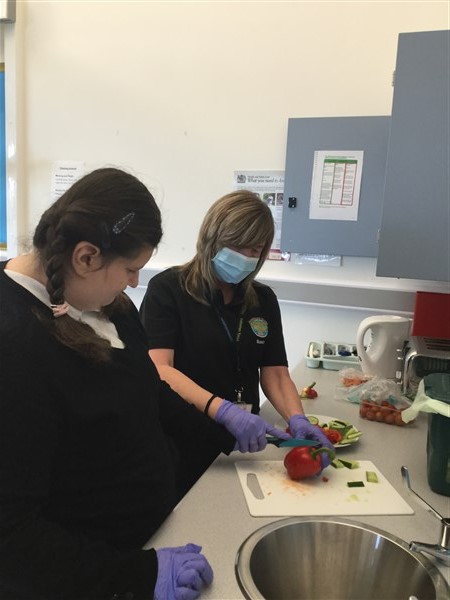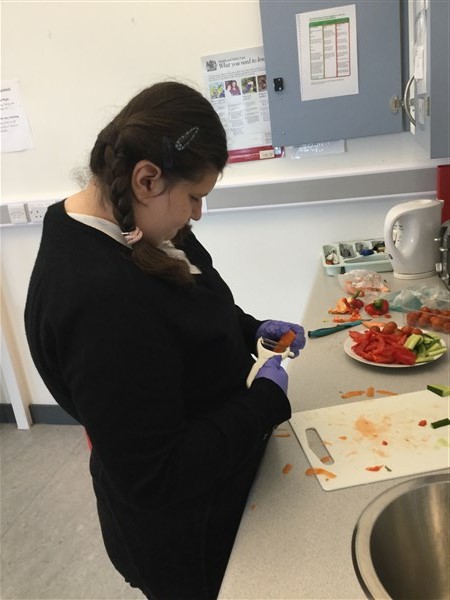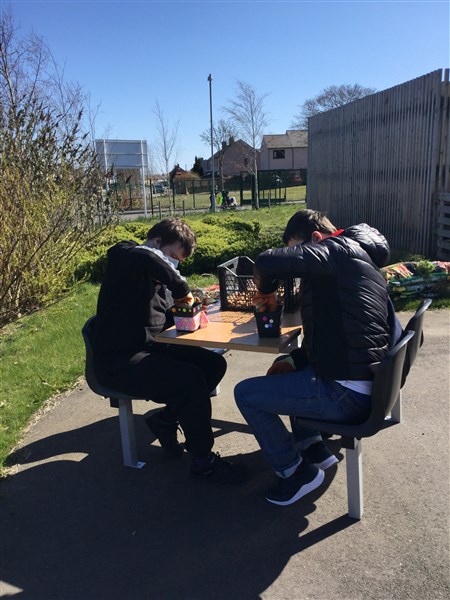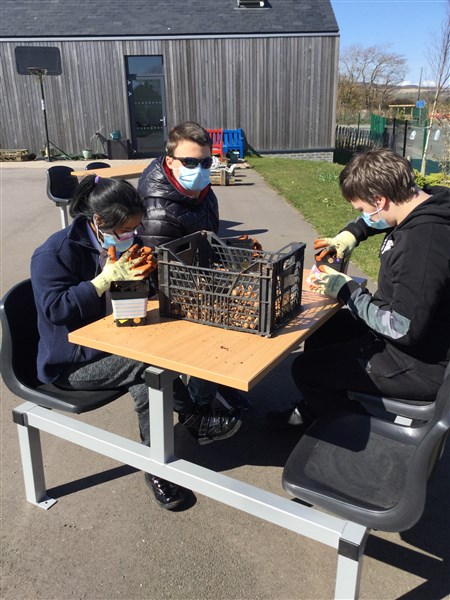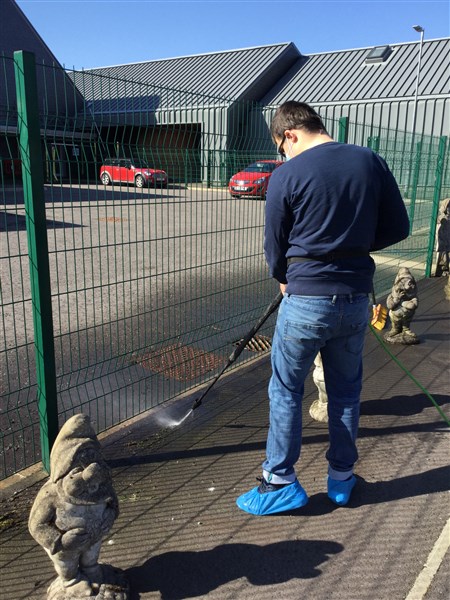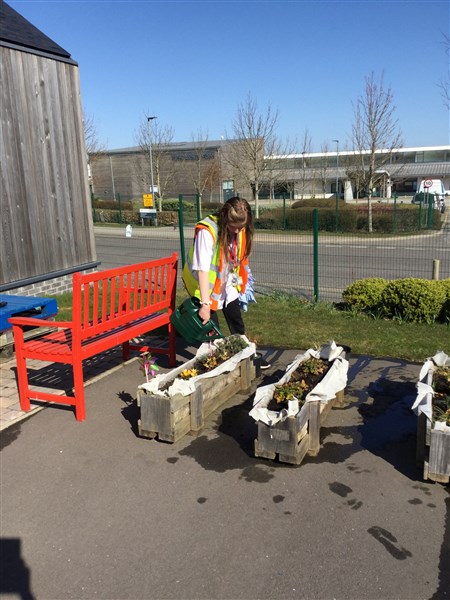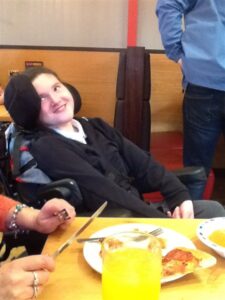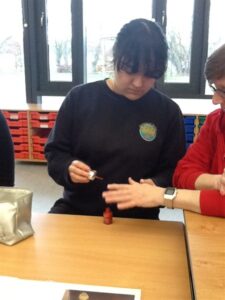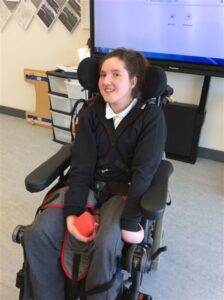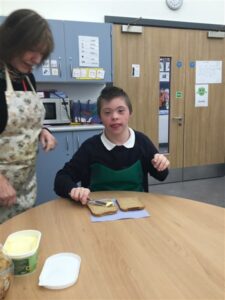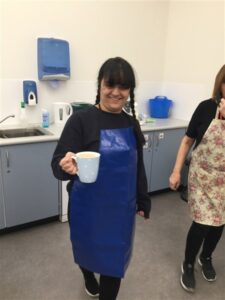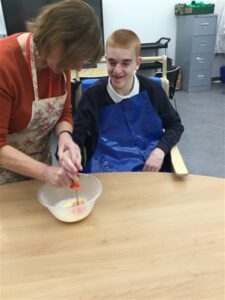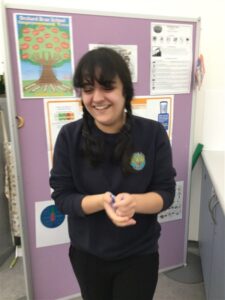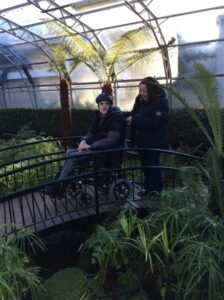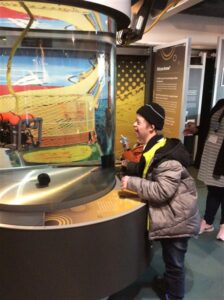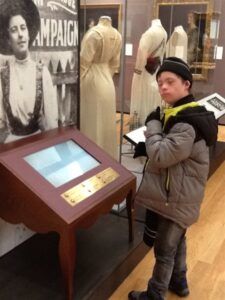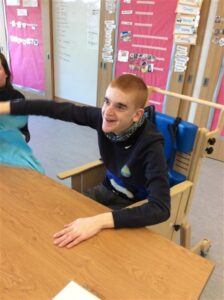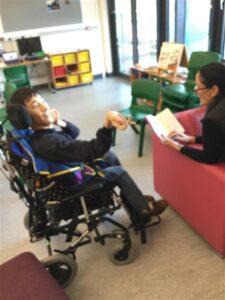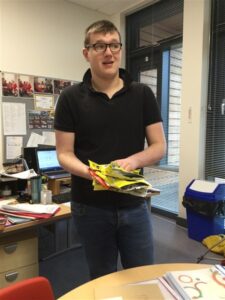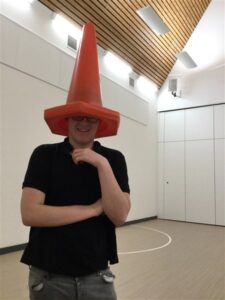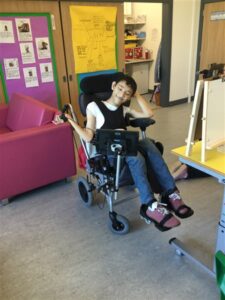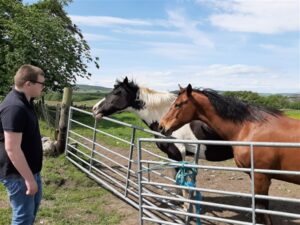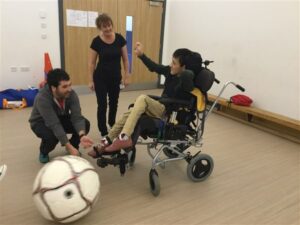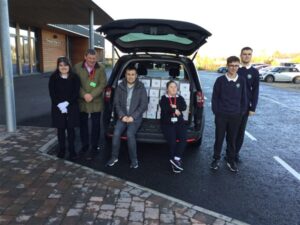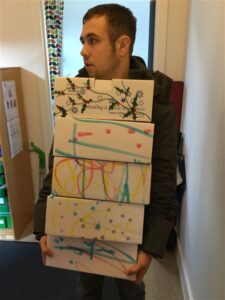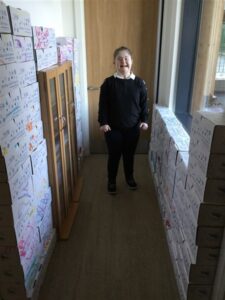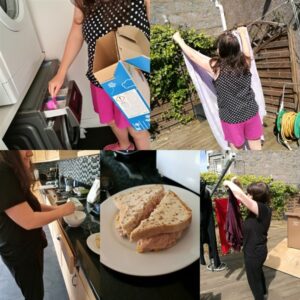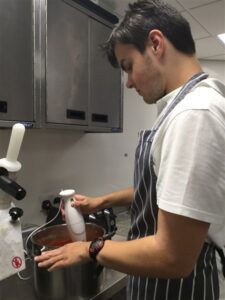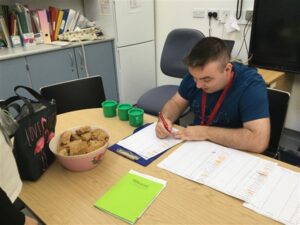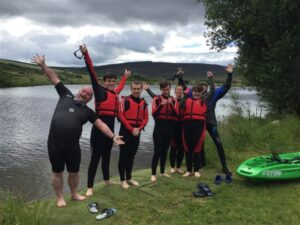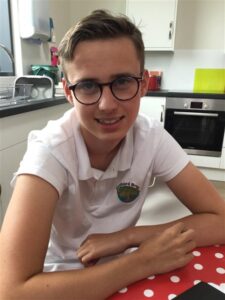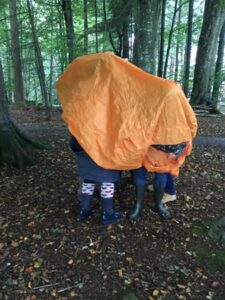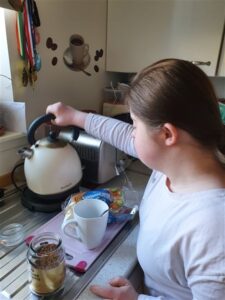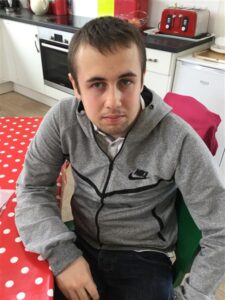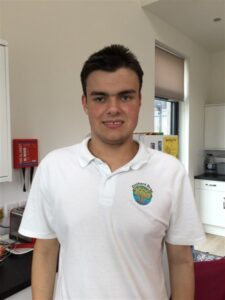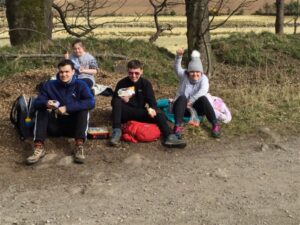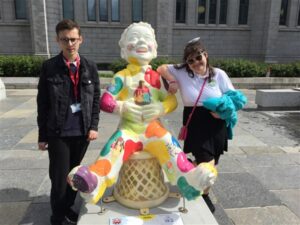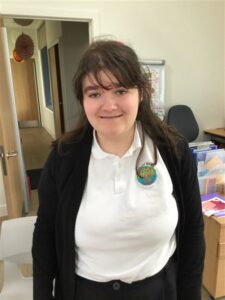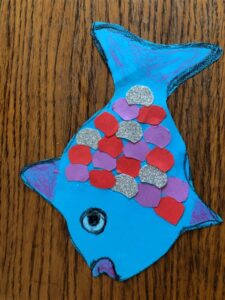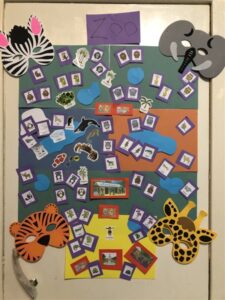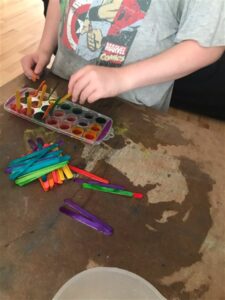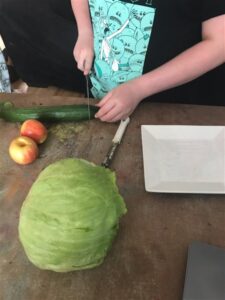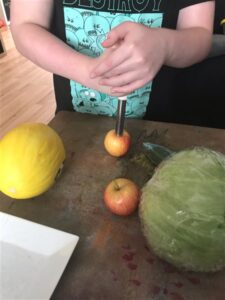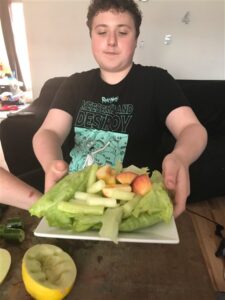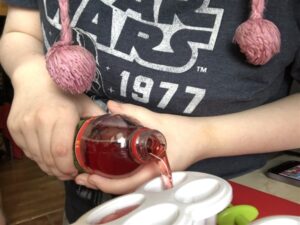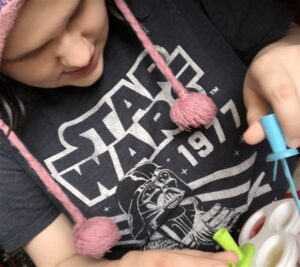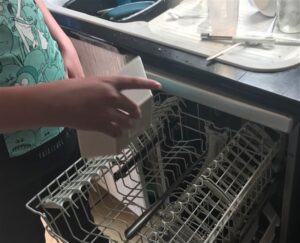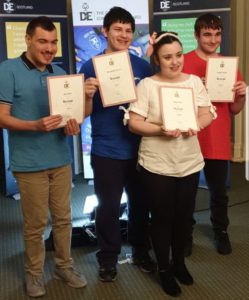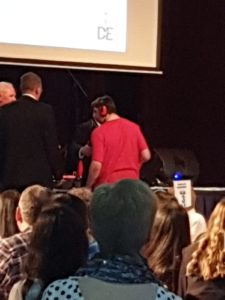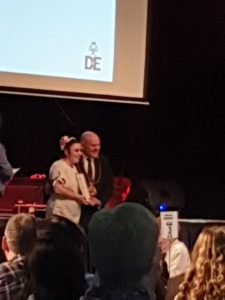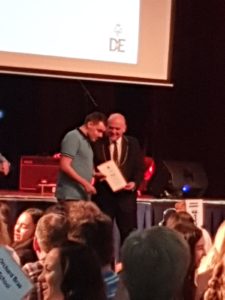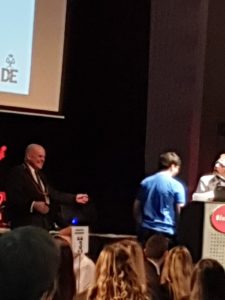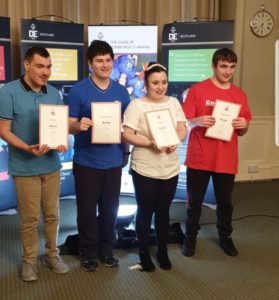In previous years we have been successfully hosted a Futures Event alongside our work experience partners and providers of post-school provision. The purpose of these events is to share information on the curriculum offer at the Senior Phase (S4-6) and to allow young people and parents the chance to consider life beyond school. Sadly, due to restrictions this year we have been able to do this, so instead have been given some information to share virtually as an alternative.
If you have any questions around this, please feel free to raise them with your class teacher, Elaine Thomson (Head of Senior Phase), or Clare Russell (Principal Teacher Secondary).
Senior Phase Presentation
Delivered by Elaine Thomson (Head of Secondary), this presentation gives an outline of the curriculum and opportunities that have been enjoyed by pupils during their Senior Phase, particularly focusing on their final year in S6.
Social Work Transitions Team
Pupils are referred to the the Social Work Transitions Team when they are in S5. The Transitions Team have recently reviewed their processes and have sent updated information on how they are working as we move forward.
North East Scotland College (NESCol)
Some of our pupils attend the NESCol Link Course in S6. They are supported in attending by PSAs from school. Information on the Link Course has been shared by Catherine Stollery, our college contact.
Moving on from school, pupils who are independent in their learning and working at National 2 (or above) may be able to access the Preparation for Work course.
Project Search
The transcript below accompanies the attached slides kindly shared by Shirley from Project Search. There are links in the final slide if you wish to find out more about this option.
Project SEARCH is a transition to work programme for people with learning disabilities and autistic spectrum conditions in their last year of Education. It effectively takes the classroom into the premises of a local employer and teaches Interns employability skills on-site in a real workplace environment.
The programme helps the Interns to learn real job skills that will prepare them for work by rotating them through a variety of different work placement experiences. This work-based learning is then supported by classroom activities each day alongside the provision of constant feedback throughout the programme.
Project SEARCH originates from the USA, where it began in Cincinnati Children’s Hospital in 1996. The Director of the Emergency Department felt that, because the hospital served individuals with developmental disabilities, it made sense that they committed to recruiting members of staff from this group. She came up with the idea that it would be possible to train people with developmental disabilities to fill some of the high turnover, entry level positions in her department.
Project SEARCH has now spread to 521 sites across the world – there are sites in every state in the USA, as well as Canada. In Europe, there are 50 Project SEARCH sites – 47 in the UK, 1 in the Netherlands and 1 in Portugal.
Our programme is delivered in partnership with North East Scotland College, Values into Action Scotland and Skills Development Scotland. We have previously partnered with Inspire PTL and Aberdeen City Council. We are currently working closely with Aberdeenshire Council and also enjoy close links with the DFN Project SEARCH Foundation
Our Interns are registered students with North East Scotland College for their one year on Project SEARCH. Each year, we recruit up to twelve Interns, who receive support from our on-site Job Coach (Shirley) and Tutors (Andrew and Ann (IT)) to undertake 3 work placements within the University, whilst studying to attain a vocational (City & Guilds) qualification.
Work placements available across the University include :
• Groundskeeping – Estates and Cruickshank Botanic Garden
•Portering/Cleaning
•IT Services
•Administration – Music Department, Business School, Suttie Centre
•Catering Assistant – kitchen/barista/customer service opportunities at various coffee shops and stations around campus
•Maintenance Assistant/Trades Mate
•Childcare – Nursery Assistant in the Rocking Horse Nursery
We also have external Internship opportunities available with :
•NHS Grampian – Groundskeeping and Physiotherapy Department
•Aramark Catering – based at North East Scotland College
•Business & Community Development Team at North East Scotland College – admin/office role
•Aberdeenshire Council – grounds and administrative placements
Project SEARCH is based on our Old Aberdeen campus. In 2017, the University made a significant investment in the programme through the development of a new classroom in the Butchart Building on University Road. As you can see from these photographs, this classroom provides our Interns with a high quality learning environment, including the provision of technologically enhanced learning through an internet-connected white board and Skype facilities through which they can connect with other Project SEARCH sites in Scotland and beyond.
The primary aim of Project SEARCH is to move our Interns into paid employment upon graduation from the programme and I am delighted that so many of our graduates are in work. Indeed, some of them have even progressed their career further into new jobs with different employers since leaving us.
And, despite a very challenging local jobs market and economic climate, I am delighted to report that 68% of our graduates are now in work in a variety of organisations across the Grampian area. Four of our graduates who left our programme last year are now in work in a range of organisations including NHS Grampian, Instant Neighbour, a café in the centre of Aberdeen and a primary school. So far this year, one of our Interns will be leaving us in the next few weeks to take up a role as a Support Assistant in a Care Home.
Recent statistics have highlighted that 16,000 school children and young people in Scotland have learning disabilities and 26,000 adults in Scotland have learning disabilities and need support. In Scotland, young people with a learning disability have only a 7% chance of being in employment, but the national average rate of youth employment is 82%.
We also have to remember that here in the North East, our local economic climate is very challenging to all jobseekers – between 2009 and 2017, overall youth employment in Aberdeen City fell from 75.6% to 54.6%. Yet the Project SEARCH University of Aberdeen success rate for our graduates is 68% – that is nearly 10 times above the average employment rate for those with a learning disability who do not enter any type of post-school programme.
The ultimate goal of Project SEARCH is, of course, for our Interns to find and sustain paid employment that makes best use of their skills and enables them to make a recognised contribution to their employing organisation.
The success of a project like ours is dependent upon the engagement and support of our colleagues in the local business community. Therefore, it is important that those of us who are involved in developing and delivering the programme are aware of the needs and expectations of the wider world.
Our Interns undertake an exciting journey within the University during their time with us and I know that they can benefit local organisations in so many ways.
You can see one of our graduates in the photo behind me – this is Owen, who embarked last year upon a Groundskeeping Apprenticeship within our Estates & Facilities Directorate.
One of our graduates from the class of 2018 is now employed by the University in our IT Services department and he has joined Owen and three other Project SEARCH graduates from previous years in making a valuable contribution to the work of the University – employment gained through proving they were the best candidate for their respective jobs in an open recruitment process.
Success stories like Owen and his colleagues who have graduated since 2013 are the essence of Project SEARCH – young people who have grown, developed and flourished as a direct result of spending a year with us on our programme and who have now embarked upon a successful career in the local community. This is the future of Project SEARCH – I hope that everyone here today will be able to encourage other organisations in the local region to provide this type of opportunity to our young people.
I appreciate that employing young people, particularly those with a disability, may seem daunting to many employers, particularly smaller and medium size ones. However, we have been working hard to try to dispel some of the myths and overcome some of the obstacles facing our Interns in achieving meaningful employment that will enable them to make a contribution to our society and local area.
To encourage local employers to hire our graduates, we developed an “Interns into Employment” toolkit, which is available as an online resource through our website. It sets out the types of support that is available to employers who are interested in recruiting an Intern – sources of funding to provide them with financial support, the support available from our team to integrate and coach their new employee etc.
Our aim is to continue to deliver a sustainable pool of talent from which local organisations can draw future employees. However, we are acutely aware that many of our Interns may find it challenging to display the full range of their skills and talents through a standard 1:1 interview process. Therefore, our guide gives some ideas for alternatives to the traditional interview, including practical skills tests, work trials (where an Intern comes into your organisation and actually does the job for a period of time ranging from a day to 4 weeks) and other hints and tips.
Further information about our project is available from a number of sources – I have listed some of the key websites and am happy to make these slides available to you for circulation after today’s presentation.
As I mentioned before, our project cannot succeed without the support of people like yourselves in our local communities with links to so many of our local political, health, education and business sectors. We regularly hold ‘Meet the Interns’, employer engagement and fundraising events and I hope that I will be able to welcome you to our classroom to join us at some of our future events.
In the meantime, if our presentation today has inspired you to think about how you could become personally involved as part of our Project SEARCH family (or our “Business Advisory Council” as we call it), there are plenty of opportunities available, either in helping us to identify where there is high turnover/difficulties in filling vacancies that we could assist with, by delivering workshops to our Interns or by becoming a mentor to one of our young people.
I hope that this presentation has inspired you to think about how you, on either a personal or professional level, can celebrate the successes and achievements of young people with a learning disability, spread the word of how valuable they are to our local community and influence decisions that will ensure Project SEARCH has a sustainable future in Aberdeen. Project SEARCH is a wonderful worldwide example of how young people with a learning disability can be encouraged to shine. We all have a part to play in supporting them on their journey.
